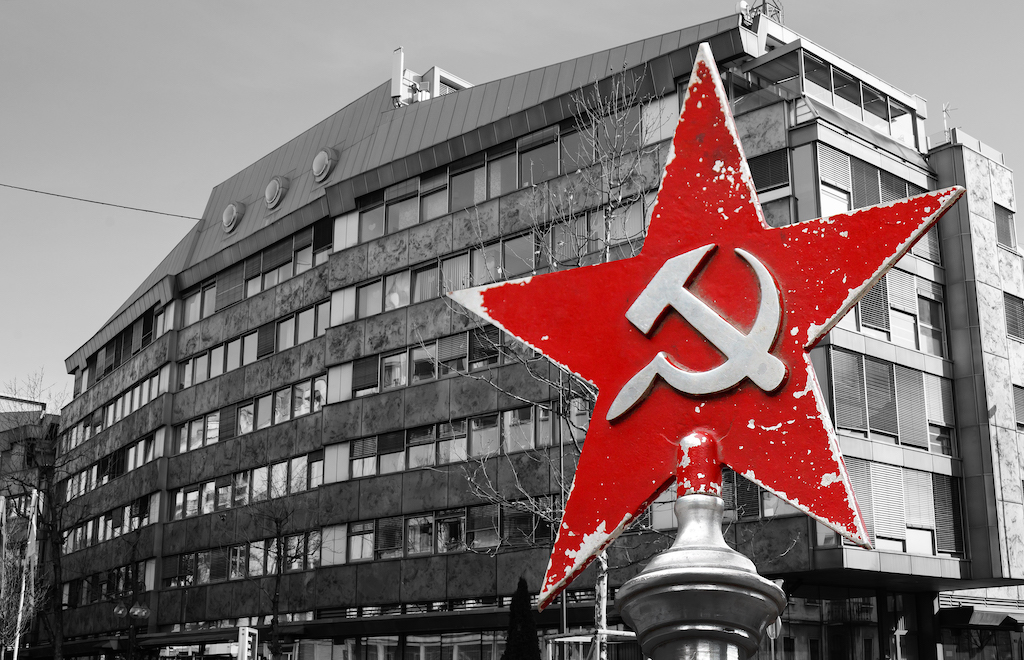By: Moja Dolenjska
The SDS parliamentary group has addressed a request to the chair of the National Assembly’s Committee on Culture, Sara Žibrat, to convene an urgent session of the committee to discuss the situation at RTV Slovenia. The SDS is critical of the actions taken by the new RTV Slovenia leadership, which, in their view, are not in line with legislation. They also warn of a political takeover of RTV Slovenia and the dominance of a single-minded ideology at the institution.
In their explanation for calling an urgent session of the Committee on Culture, the SDS parliamentary group reminded that voters supported an amendment to the Radiotelevizija Slovenija (RTVS) Act in a referendum in November 2022. According to them, this amendment was a result of promises to depoliticise the public broadcaster following the Robert Golob government’s inauguration, which “undertook to intervene in the editorial policy of the public broadcaster under the pretence of ‘cleansing Janšism’ and swiftly adopted the amendment to the RTVS Act in the summer of 2022.”
Almost two years after the referendum, however, it is still unclear whether the RTVS Act is constitutional, SDS emphasised. They also highlighted the situation at RTVS following the start of operations of the new RTVS council and management in June last year. According to SDS, after the new leadership took office, there was a purge of top positions and harassment of employees who had been hired or promoted during Janez Janša’s government. Many employees received orders to wait at home without work and were denied access to their workplaces, they pointed out in the request.
They are also critical of the recent decision by Polona Fijavž, the head of the news programme, who banned an interview with Urša Cankar Soares, coordinator of the March for Life. According to SDS, this illustrates an overt political takeover of RTVS and the dominance of a single ideological perspective. In their view, such actions are also not in line with the Media Act, the Radiotelevizija Slovenija Act, RTVS’s statutes, professional standards, and programming standards, and have affected RTVS’s viewership, which is at a historic low.
SDS argues that this situation not only constitutes a complete misuse of the concept of depoliticization but also involves unacceptable actions of censorship, harassment, violations of human integrity and dignity, and non-fulfilment of legal obligations. Therefore, they consider the urgent session a priority for the Committee on Culture.
They propose that the committee adopt several resolutions, including recommending that RTVS management prevent and halt censorship at RTVS and ensure programming in accordance with the RTVS Act and other regulations. They also suggest adopting a resolution urging RTVS management to protect journalistic autonomy and treat all journalists equally within the public broadcaster, and another resolution recommending that the Constitutional Court expedite its decision on the constitutional review of the provisions of the RTVS Act.

